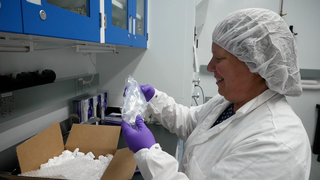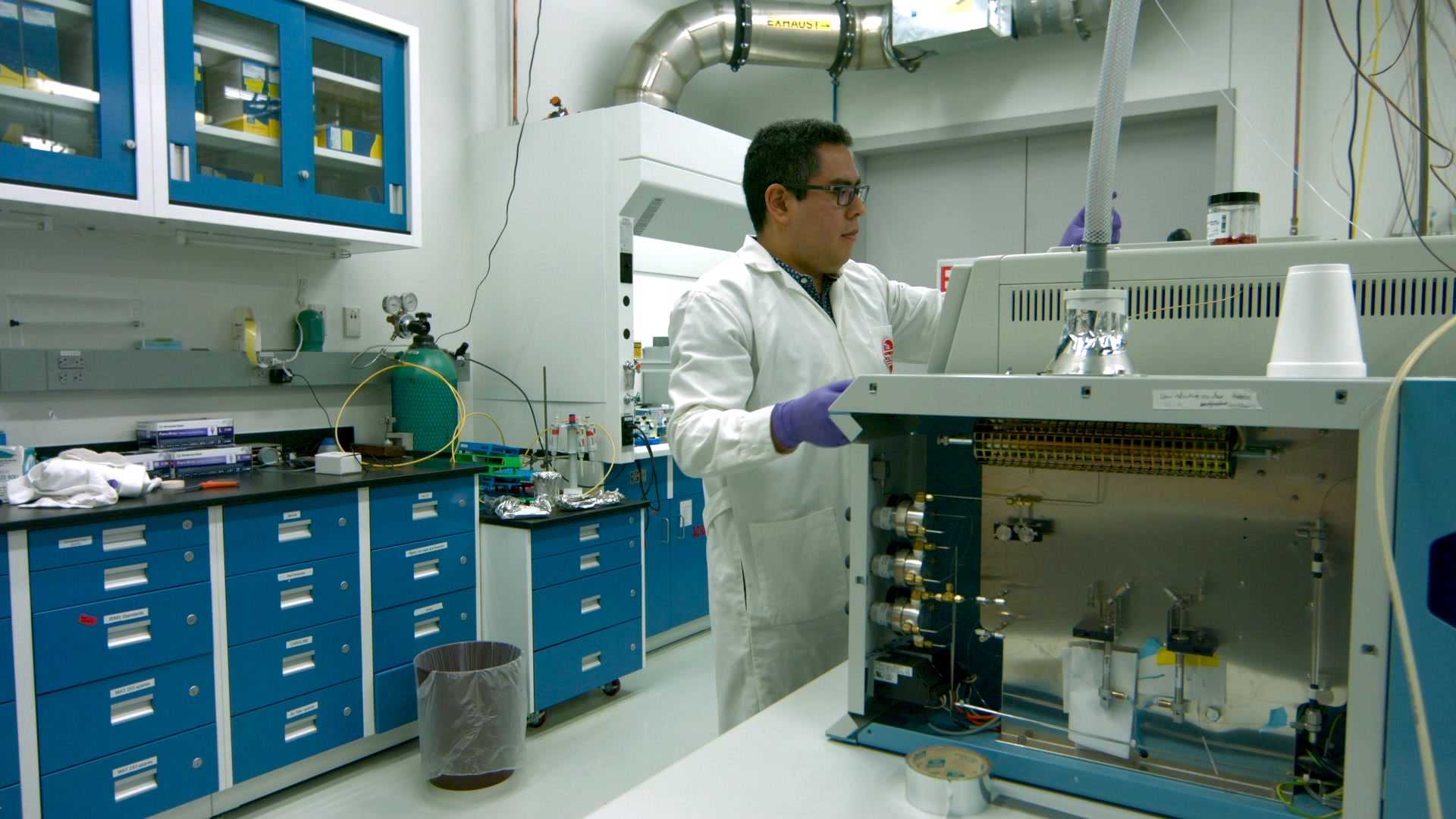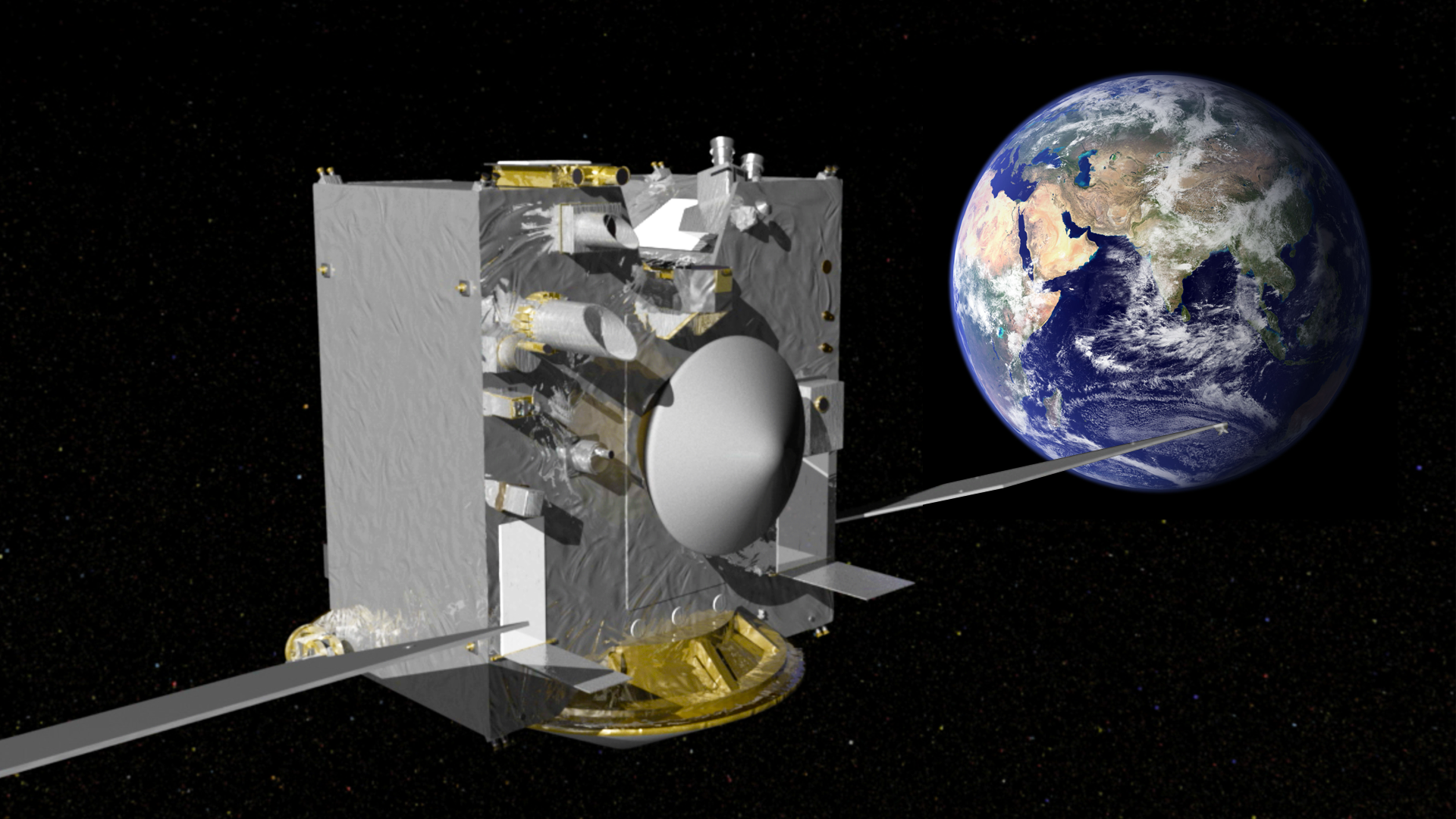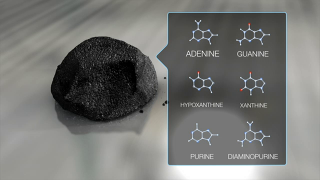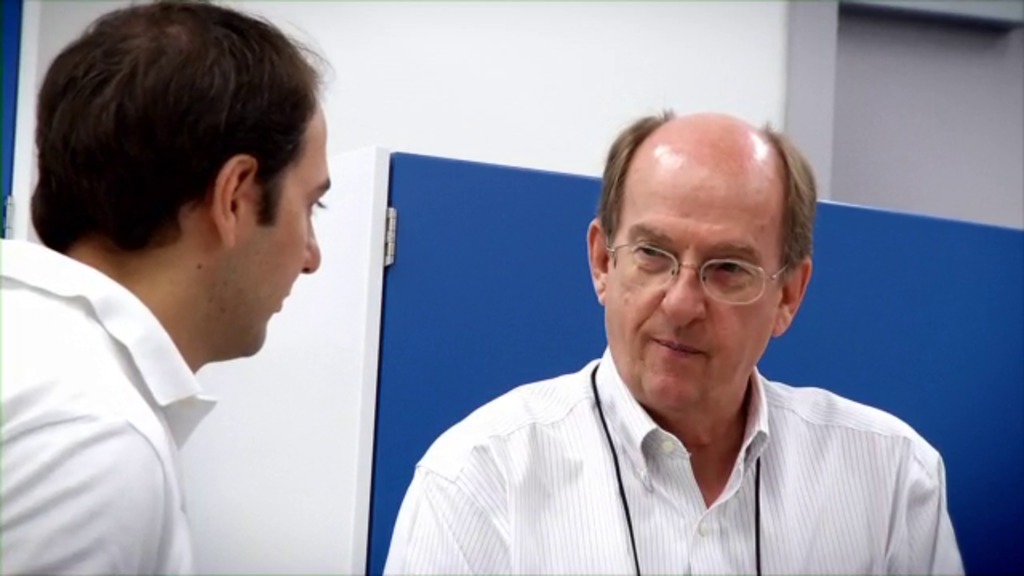A Box of Treasure from Asteroid Ryugu
NASA scientist Heather Graham receives a shipment of asteroid Ryugu samples from her colleagues at the Japan Aerospace Exploration Agency (JAXA). Transcript available.
Universal Production Music: “The Ocean and the Moon” & “On Your Game” by Andy Blythe and Marten Joustra
Watch this video on the NASA Goddard YouTube channel.
Asteroid 162173 Ryugu is a carbon-rich pile of rubble, with an orbit that passes between Earth and Mars and a shape that resembles a kilometer-wide spinning top. Scientists think that Ryugu contains pristine organic material from the dawn of the solar system – and that it could hold clues to the formation and evolution of life. That’s why the Japan Aerospace Exploration Agency (JAXA) sent the Hayabusa2 spacecraft to study Ryugu and collect a sample, which it delivered to the Australian Outback in December 2020. Now, NASA scientist Heather Graham has received a box of Ryugu’s treasures from her JAXA colleagues, bringing a relic of the early solar system to a lab on Earth.
More from NASA: First look at Ryugu asteroid sample reveals it is organic-rich.

This conceptual image illustrates the types of organic molecules found in the sample of asteroid Ryugu collected by Japan’s Hayabusa2 spacecraft. Organics are the building blocks of all known forms of terrestrial life and consist of a wide variety of compounds made of carbon combined with hydrogen, oxygen, nitrogen, sulfur, and other atoms. However, organic molecules can also be created by non-living processes, such as chemical reactions in asteroids.
Credit: NASA/JAXA/Dan Gallagher

Researchers have analyzed samples of asteroid Ryugu and discovered uracil, one of the informational units of RNA, and niacin, a form of vitamin B3 that is critical to metabolism. The discovery by an international team adds to the evidence that important building blocks of life are created in space and could have been delivered to Earth by meteorites.
Credit: JAXA/NASA/Dan Gallagher
For More Information
Credits
Please give credit for this item to:
NASA's Goddard Space Flight Center
-
Producer
- Dan Gallagher (KBR Wyle Services, LLC)
-
Videographer
- John Caldwell (Advocates in Manpower Management, Inc.)
-
Scientists
- Heather Graham (Catholic University of America)
- Hiroshi Naraoka (Kyushu University)
- Yasuhiro Oba (Hokkaido University)
- Yoshinori Takano (JAMSTEC)
- Jason Dworkin (NASA/GSFC)
- Daniel Glavin (NASA/GSFC)
-
Narrator
- LK Ward (KBR Wyle Services, LLC)
-
Science writer
- William Steigerwald (NASA/GSFC)
-
Support
- Yoshiko Sugahara
- Lonnie Shekhtman (ADNET Systems, Inc.)
-
Technical support
- Aaron E. Lepsch (ADNET Systems, Inc.)
Release date
This page was originally published on Monday, September 5, 2022.
This page was last updated on Wednesday, May 3, 2023 at 11:44 AM EDT.
